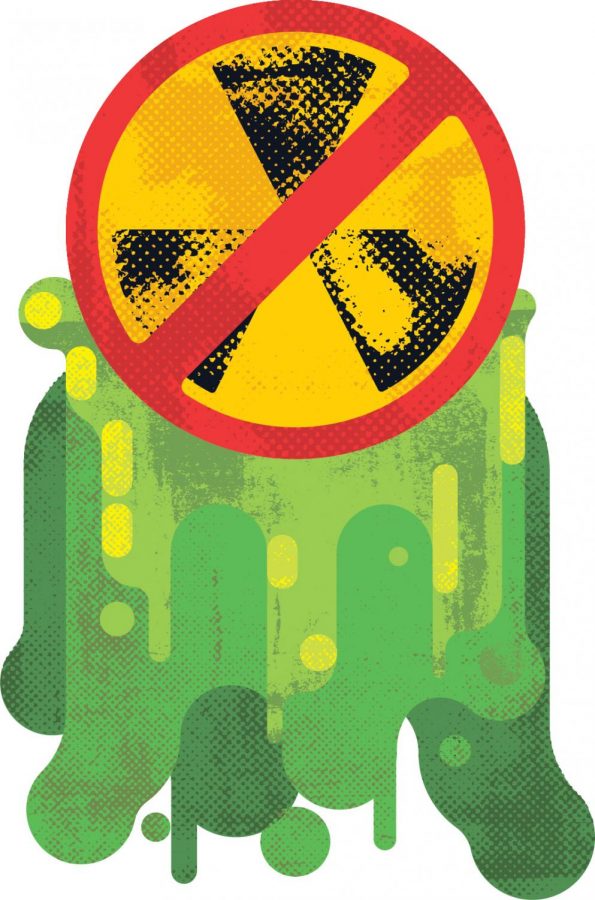Countries need to strive toward elimination of nuclear weapons
October 16, 2017
The Norwegian Nobel Committee awarded the 2017 Nobel Peace Prize to the International Campaign to Abolish Nuclear Weapons Oct. 6. ICAN succeeded in shepherding the first legally binding international treaty to ban nuclear weapons, officially adopted July 7. Awarding ICAN the prize calls attention to international efforts working toward a world without nuclear weapons.
ICAN is a coalition of non-governmental organizations in 100 countries promoting adherence to and implementation of the U.N. nuclear weapons ban and garnering a foundation of public support for the abolition of nuclear warfare.
The treaty has been open for signatures by any U.N. member since Sept. 20, and once ratified by 50 countries for 90 days, it will become legally binding internationally. As of press time, 53 countries have signed and only three have ratified. This means 53 countries approve of the treaty, but only three have taken the steps to make it binding.
The world’s nuclear-armed powers need to sign. So far, most countries that voted for the ban do not have access to nuclear weapons. Countries with nuclear weapons and their close allies boycotted the vote. In a joint press statement released after the treaty was adopted, the U.S., U.K. and France said, “We do not intend to sign, ratify or ever become party to it.”
Nuclear disarmament can’t happen over night, but this treaty is a good start toward global recognition of the need to make nuclear warfare unacceptable.
There are no right hands for wrong weapons. As long as someone has them, others will want them. Rather than siding with nuclear powers that hold the world captive, countries should stand together with ICAN.
Unfortunately, humanity is closer than ever to nuclear war between the U.S. and North Korea. President Donald Trump recently warned North Korea that the U.S. would “totally destroy North Korea” if forced to defend itself or its allies.
We have already seen the devastating effects of nuclear bombs in Hiroshima and Nagasaki during World War II. They were followed by massive waves of intense heat that vaporized or burned those closest. Lives were lost and homes were destroyed. Even clean drinking water was scarce.
That destruction should never have occurred, and we can’t let it happen again. ICAN is making a real effort toward condemning nuclear weapons, and it deserves the platform the Nobel Peace Prize has provided.








